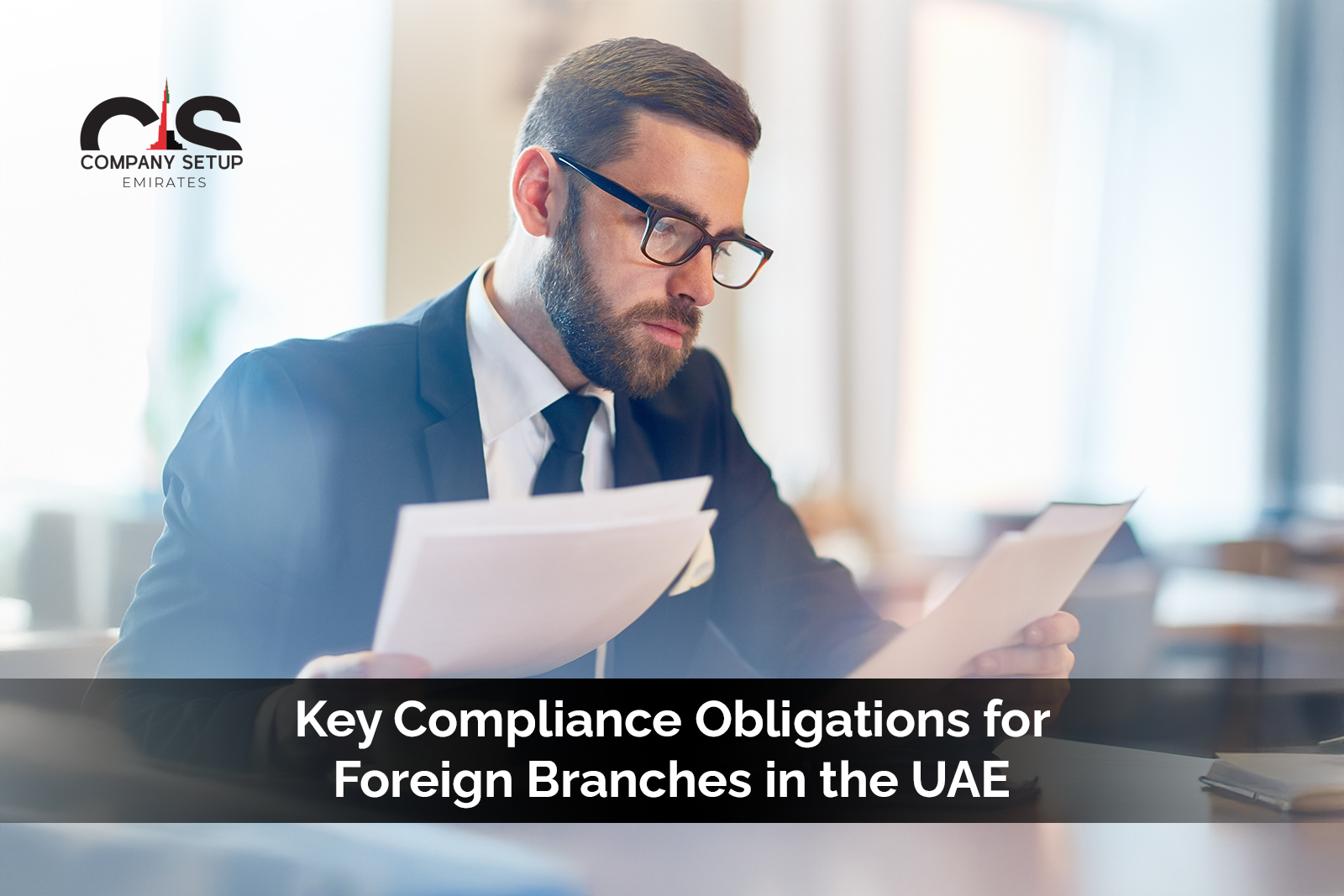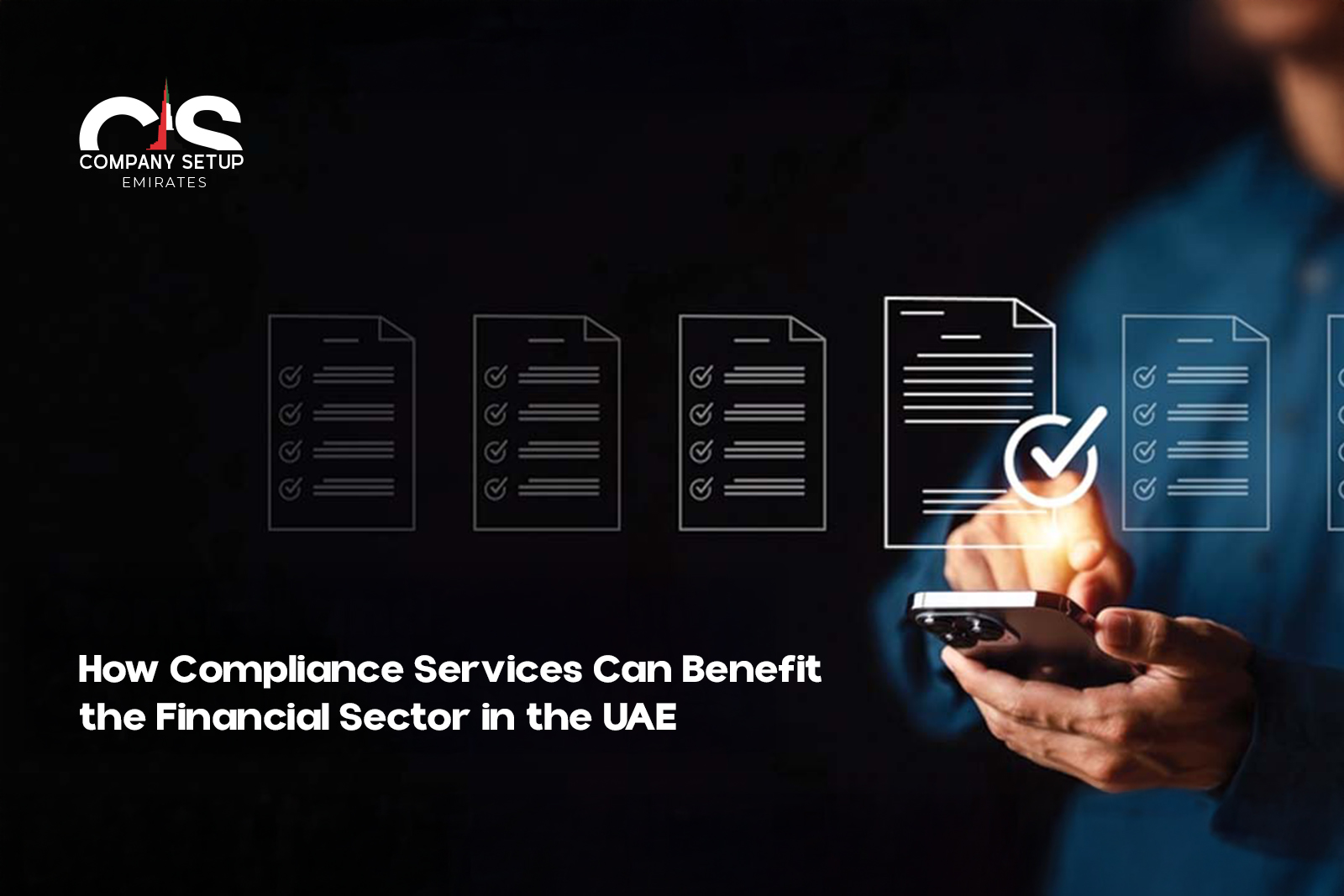Dubai has established itself as a top business hub, offering various opportunities for entrepreneurs. Its strategic location, business-friendly environment and global reach make it a prime destination for new ventures. But how do you go about setting up a business in Dubai? This guide will walk you through the complete process, covering everything from choosing the right business structure to registering your company.
Whether you’re an experienced entrepreneur or a first-time business owner, understanding the step-by-step process can save you time, effort and potential legal issues.
1. Choose Your Business Structure
One of the first decisions you’ll need to make is choosing the type of business structure that best fits your needs. In Dubai, you have two main options:
- Mainland Business: You can trade anywhere in Dubai and the UAE. You’ll need a local sponsor who holds 51% of the shares in the business, though this can be managed through specific legal agreements.
- Free Zone Business: Dubai has several free zones, each offering 100% ownership to foreign investors. Free zone businesses are limited to trading within their zone or internationally but not in mainland UAE without partnering with a mainland entity.
Choosing the right structure depends on your business goals. Mainland businesses provide greater flexibility in terms of where you can trade, while free zone companies offer benefits such as no personal income tax and simplified setup processes.
2. Select Your Business Activity
Dubai offers various business activities, from consultancy and trading to manufacturing. It’s important to select a business activity that aligns with your expertise and future plans. Each business activity comes with its own licensing requirements and some activities may require additional approvals from specific government departments.
For example, if you plan to operate a restaurant, you’ll need approvals from Dubai Municipality and for real estate, you may need permission from the Real Estate Regulatory Authority (RERA).
3. Register Your Trade Name
Your trade name represents your brand, so choose wisely. The trade name must be unique and follow the rules set by the Department of Economic Development (DED). When selecting a name, keep in mind:
- The name must not violate public morals or order.
- It should be compatible with the business’s legal form and activity.
- It should not contain any religious or political terms.
Once you’ve selected a name, it must be registered with the DED; approval typically takes a few days.
4. Obtain Initial Approval
Before you can proceed with the rest of the setup, you’ll need to get initial approval from the DED. This approval allows you to proceed with the legal and administrative formalities. You’ll need to submit your business plan, trade name approval and some personal identification documents.
5. Draft Your Memorandum of Association (MOA)
For businesses in the mainland, a Memorandum of Association (MOA) is required. The MOA outlines the relationship between the shareholders and the business, including ownership percentages and responsibilities. You can hire a legal consultant or use the DED’s MOA template to draft this document.
For free zone companies, different free zones have their own registration processes and the MOA may not be required depending on the structure.
6. Choose a Business Location
Another crucial step is choosing the right location for your business. For mainland companies, you can lease an office anywhere in Dubai. Free zone businesses must operate within their designated zones.
Leasing a physical office space is a requirement for business setup and the tenancy contract needs to be registered with the Ejari system in Dubai. Depending on your business model, you can also consider co-working spaces or virtual offices, especially if you’re in the consultancy sector.
7. Submit Your License Application
After completing the previous steps, you’re ready to submit your license application. The type of license you apply for will depend on your business activity. Dubai issues several types of licenses, including:
- Commercial License: For trading businesses.
- Industrial License: For manufacturing businesses.
- Professional License: For service providers such as consultants.
Your license application will be processed by the DED for mainland businesses or the relevant free zone authority for free zone companies.
8. Register with Authorities
Depending on your business activity and structure, you may need to register with additional authorities. For example, VAT registration with the Federal Tax Authority (FTA) is required if your taxable supplies exceed AED 375,000.
Other industry-specific registrations may be needed, such as registering with the Dubai Chamber of Commerce if you plan to trade internationally.
9. Open a Corporate Bank Account
Once your business is registered, you’ll need a corporate bank account to manage your finances. Several banks in Dubai offer business banking services, including Emirates NBD, Mashreq and HSBC. When opening an account, ensure you have all the required documents, such as your trade license, MOA and shareholder information.
Conclusion
Setting up a business in Dubai can be a straightforward process if you understand the steps involved. From choosing your business structure to obtaining a trade license, following the correct procedures will ensure your company is set up for success. Whether you’re looking to start a small consultancy or a large trading enterprise, Dubai’s vibrant business ecosystem offers plenty of opportunities.
Looking to start your business in Dubai? Companysetupemirates.com is here to guide you through every step of the process. Contact us today to get expert assistance with your business setup!






